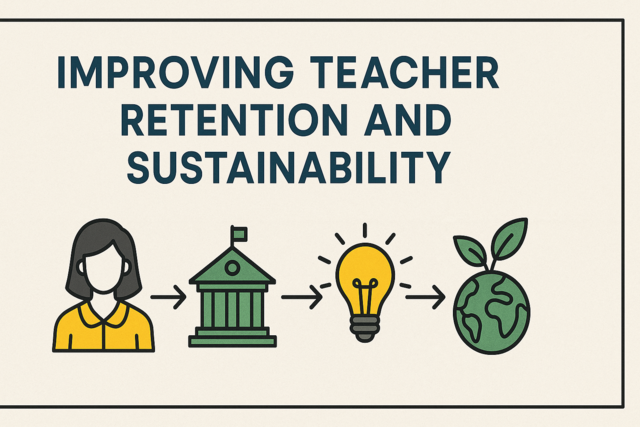Online Class: Developing Academic Language Skills

no certificate
with CEU Certificate*
-
15Lessons
-
22Exams &
Assignments -
7Hours
average time -
0.7CEUs
Course Description
Imagine transforming your academic journey into an exhilarating voyage where every lecture becomes a revelation and every text a trove of opportunity. Welcome to "Developing Academic Language Skills," a course that beckons you to embark on a journey of intellectual mastery, unlocking doors to worlds you've only glimpsed from the periphery. If you're striving to elevate your academic prowess, to stand apart as a scholar, a leader, and an innovator, this course isn't just beneficial; it's indispensable.
In today's fast-paced, information-rich era, mere knowledge is no longer enough. You need the skills to navigate, distill, and articulate ideas with clarity and precision, especially in academic settings where ideas shape futures and innovation charts new paths. This course is meticulously designed to hone your abilities, but it also promises to ignite your passion for learning, transforming the mundane into the extraordinary.
Step into a dynamic learning environment where traditional strategies merge with cutting-edge digital tools, creating an immersive experience that goes beyond the conventional classroom. Here, vocabulary is not just memorized; it is internalized and used strategically, giving life and vigor to your expressions. You will learn not only how to unlock the power of words, but also how to wield them with precision across contexts and disciplines, enhancing your communicative clarity.
As you delve deeper, you'll discover the art of crafting narratives that transcend mere words, using subordinate clauses and transition elements that weave complex ideas into seamless narratives. Imagine the power of a sentence that not only informs but compels, resonates, and persuades. This is not just about writing, but about mastering the art of expression, ensuring your voice is heard and your arguments strike a chord with clarity and authority.
Moreover, the course transcends the mere mechanics of language, plunging you into the heart of purpose and context. In an age rife with information overload and digital debates, discerning the essence from the noise is paramount. You will adeptly learn to evaluate sources, elevate your arguments with critical scrutiny, and craft understandings that are as rich in thought as they are in substance. This empowerment extends beyond essays and theses; it shapes how you interpret the world and make informed decisions.
But what truly sets this course apart is its commitment to connecting theory with practice. Whether interpreting data with bar graphs or composing compelling academic presentations that captivate audiences, you are equipped with practical tools and skills that translate directly into real-world confidence and competence. The practical benefits are not confined to academic settings; they ripple outward, impacting your professional endeavors with polished presentation and persuasive communication.
And as you journey through this course, you will be guided by expert instructors and an inspiring community of like-minded individuals who, like you, are passionate about learning and precision. The connections you form here will foster an environment of collaboration and innovation, ensuring that learning is not just an isolated endeavor but a shared experience. You will find yourself surrounded by peers and mentors who challenge you, inspire you, and celebrate your success.
"Developing Academic Language Skills" is more than a course; it is a catalyst for transformation. It challenges you to surpass your limits, to redefine your potential, and to emerge not just as a participant in academia but as a leader. Your time, your effort, your choice—this course respects them by delivering unparalleled value that extends far beyond the completion certificate. It is the key to harnessing your potential and setting you on a trajectory of success, achievement, and lifelong learning.
Are you ready to redefine your academic path? To empower your voice, sharpen your insights, and make a lasting impact? This course is your stepping stone to a brighter, more informed future. Take the leap, invest in yourself, and unlock the door to countless possibilities. Join us, and be part of a community that dares to dream, to innovate, and to lead. Enroll now, and make this transformational journey your own.
- Completely Online
- Self-Paced
- 6 Months to Complete
- 24/7 Availability
- Start Anytime
- PC & Mac Compatible
- Android & iOS Friendly
- Accredited CEUs

Course Lessons
Lesson 1. Key Strategies for Vocabulary Development
Digital tools enrich vocabulary acquisition through interactive methods like flashcard apps utilizing spaced repetition for long-term retention. These resources, along with online glossaries and thesauri, enable students to deepen their understanding of nuanced terms, such as 'adaptation' and its related concepts.Lesson 2. Subordinate Clauses: A Tool for Enhanced Expression
Subordinating conjunctions like although, because, and since connect clauses, enabling expression of nuanced ideas and relationships in writing. These clause structures support critical thinking and add specificity, essential for scholarly communication.Lesson 3. Grasping the Heart: Uncovering the Purpose and Context of Texts
In a digital age teeming with information, discerning the purpose and credibility of content is paramount; this skill nurtures critical thinking, enabling individuals to sift through misinformation and engage more critically with diverse perspectives. This results in informed decision-making and the ability to craft compelling, evidence-based arguments.Lesson 4. Mastering Academic Content Retention: The Power of the Cornell Method
Mind mapping transforms note-taking with visual organization, helping learners see connections, fostering creativity, and improving memory. By visually mapping complex topics, students can enhance their understanding and recall, while integrating colors and symbols caters to different learning styles.Lesson 5. Integrating Counterarguments for Enhanced Persuasiveness
Crafting a compelling essay demands a central thesis that serves as the backbone for cohesion and unity, preventing deviation into unrelated tangents. This structured approach ensures everything ties back to the main argument, demonstrated through examples like linking aspects of climate change to human-induced factors.Lesson 6. The Core of Persuasive Writing
A compelling conclusion synthesizes key points and the thesis, extending broader implications to engage the reader with sustained interest. Through reiterating core arguments, the conclusion invites a renewed consideration of the topic's relevance and potential outcomes beyond the essay.Lesson 7. The Art of Seamless Writing: Mastering Transition Words for Coherent Narratives
In the world of academic writing, transition words are understated yet powerful tools for achieving fluidity and coherence in communication. Used wisely, they bridge disparate ideas, turning abstract thoughts into comprehensible narratives that eloquently convey complex concepts.Lesson 8. Bar to Pie: A Graphical Odyssey
Bar graphs distill categorical data through visually striking bars, offering clarity in academic and professional settings alike, from evaluating consumer preferences to analyzing medical treatment effectiveness. Their design flexibility and universal application make them invaluable tools for nuanced data communication and strategic decision-making.Lesson 9. Elevating Scholarly Arguments through Source Evaluation
Paraphrasing, quoting, and summarizing are pivotal techniques in fostering a deep engagement with source material and promoting academic integrity. Mastering these skills helps students articulate complex ideas coherently and supports the development of well-rounded, analytical arguments.Lesson 10. From Information Sharing to Idea Exchange: The Art of Academic Presentations
Nonverbal cues, like body language and eye contact, significantly impact audience perception and presentation success. Encouraging feedback through interaction and adapting to digital environments with interactive tools fosters inclusivity and engagement.Lesson 11. The Essential Role of Information Source Evaluation in Academia
Secondary sources interpret primary information, offering analysis and synthesis that can deepen understanding and provide varied perspectives. These sources, like critiques and biographies, allow scholars to explore the complexities of subjects and supplement primary data.Lesson 12. Elevate Your Argument: From Thesis to Conclusion
Language and tone profoundly impact academic argumentation, where formal, precise communication reflects professionalism. Visual aids and rhetorical devices like ethos, pathos, and logos bolster persuasiveness, making complex ideas more accessible.Lesson 13. Communicating Complexity with Clarity
The effectiveness of academic writing lies in its ability to adapt to diverse audiences, balancing accessibility with depth to foster engagement. Understanding audience diversity allows writers to tailor their work for optimal persuasion, clarity, and impact across disciplines.Lesson 14. Tracing Citation's Role in Academic Integrity and Collaboration
Major citation styles such as APA, MLA, and Chicago reflect the historical journey and adaptation to new scholarly norms, with each style addressing specific field needs and technological advancements. Understanding these styles empowers students to engage effectively in scholarly dialogue, prioritize source integrity, and navigate digital and multimedia citations.Lesson 15. Engaging Lectures: Listen, Note, Excel
Understanding diverse accents in lectures enhances communication skills and academic adaptability, transforming potential barriers into learning opportunities. Technology, including transcription tools and exposure to international media, aids in accent familiarization, empowering students as global communicators.
Learning Outcomes
- Utilize contextual clues and external resources to accurately decode unfamiliar terms and improve vocabulary retention.
- Identify key vocabulary within academic texts to enhance comprehension and engage actively with scholarly content.
- Demonstrate the ability to construct complex sentences using subordinate clauses to articulate nuanced relationships between ideas, thereby improving persuasive writing skills.
- Identify and distinguish between different types of subordinate clauses (adjective, adverb, and noun) to enhance sentence complexity and clarity in academic writing.
- Analyze and articulate the main idea and supporting details in a text, enhancing comprehension and the ability to construct informed arguments.
- Define the purpose and context of a text to improve the ability to extract meaningful information and engage in critical discourse.
- Define the Cornell Method by describing its structured note-taking layout, including the setup of the cue column, note-taking area, and summary section.
- Demonstrate effective use of mind mapping by organizing a complex subject into a central idea with interconnected branches representing subtopics and specific details.
- Define a central thesis statement that cohesively binds all elements of an essay, ensuring each argument supports the overarching idea.
- Identify and apply the 'point, evidence, explanation' method to construct a coherent and persuasive argument in an essay, using evidence from peer-reviewed sources.
- Demonstrate the ability to construct a clear and logical thesis statement that guides an essay’s argument and provides specific viewpoints on a given topic.
- Define the components of an argumentative essay, including thesis, body paragraphs, transitions, counterarguments, and conclusion, to enhance structured writing skills.
- Define transition words and identify their primary roles, including categorizing them based on their functions in academic writing
- Demonstrate mastery of lesson content at levels of 70% or higher.
Additional Course Information

- Document Your Lifelong Learning Achievements
- Earn an Official Certificate Documenting Course Hours and CEUs
- Verify Your Certificate with a Unique Serial Number Online
- View and Share Your Certificate Online or Download/Print as PDF
- Display Your Certificate on Your Resume and Promote Your Achievements Using Social Media

Choose Your Subscription Plan
No Certificate / No CEUs
This course only
| Includes certificate | X |
| Includes CEUs | X |
| Self-paced |

|
| Instructor support |

|
| Time to complete | 6 months |
| No. of courses | 1 course |
Certificate & CEUs
This course only
| Includes certificate |

|
| Includes CEUs |

|
| Self-paced |

|
| Instructor support |

|
| Time to complete | 6 months |
| No. of courses | 1 course |
Certificates & CEUs
Includes all 600+ courses
| Includes certificate |

|
| Includes CEUs |

|
| Self-paced |

|
| Instructor support |

|
| Time to complete | 12 Months |
| No. of courses | 600+ |
Certificates & CEUs
Includes all 600+ courses
| Includes certificate |

|
| Includes CEUs |

|
| Self-paced |

|
| Instructor support |

|
| Time to complete | 24 Months |
| No. of courses | 600+ |
Related Courses
-
 4 hours
0.4 CEUs
Creating a Culture of Collaboration
+ More Info
4 hours
0.4 CEUs
Creating a Culture of Collaboration
+ More Info
-
 6 hours
0.6 CEUs
Fabric of the Gods: Materials that Define Luxury
+ More Info
6 hours
0.6 CEUs
Fabric of the Gods: Materials that Define Luxury
+ More Info
-
 4 hours
0.4 CEUs
Basic Household Maintenance Skills
+ More Info
4 hours
0.4 CEUs
Basic Household Maintenance Skills
+ More Info
-
 3 hours
0.3 CEUs
Preparing Students for Careers of the Future
+ More Info
3 hours
0.3 CEUs
Preparing Students for Careers of the Future
+ More Info
-
 7 hours
0.7 CEUs
Leadership in Educational Settings
+ More Info
7 hours
0.7 CEUs
Leadership in Educational Settings
+ More Info
-
 4 hours
0.4 CEUs
Business Writing for Professionals
+ More Info
4 hours
0.4 CEUs
Business Writing for Professionals
+ More Info
-
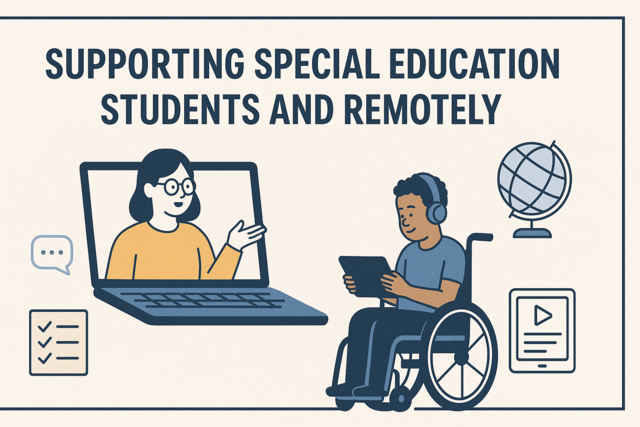 5 hours
0.5 CEUs
Supporting Special Education Students Virtually and Remotely
+ More Info
5 hours
0.5 CEUs
Supporting Special Education Students Virtually and Remotely
+ More Info
-
 6 hours
0.6 CEUs
Mysterious Forces in the Cosmos
+ More Info
6 hours
0.6 CEUs
Mysterious Forces in the Cosmos
+ More Info
-
 6 hours
0.6 CEUs
The New Chic: Redefining Urban Elegance
+ More Info
6 hours
0.6 CEUs
The New Chic: Redefining Urban Elegance
+ More Info
-
 3 hours
0.3 CEUs
Understanding and Supporting Students with Down Syndrome
+ More Info
3 hours
0.3 CEUs
Understanding and Supporting Students with Down Syndrome
+ More Info
-
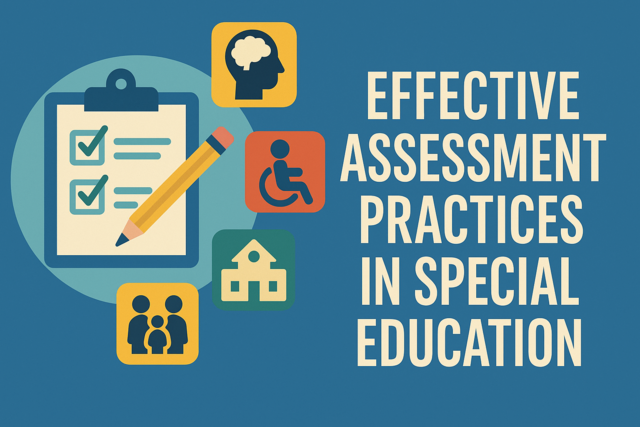 3 hours
0.3 CEUs
Effective Assessment Practices in Special Education
+ More Info
3 hours
0.3 CEUs
Effective Assessment Practices in Special Education
+ More Info
-
 7 hours
0.7 CEUs
Cultural Perspectives on Trauma: Understanding Global Variations
+ More Info
7 hours
0.7 CEUs
Cultural Perspectives on Trauma: Understanding Global Variations
+ More Info
-
 5 hours
0.5 CEUs
The Enigmatic Dimensions of Time
+ More Info
5 hours
0.5 CEUs
The Enigmatic Dimensions of Time
+ More Info
-
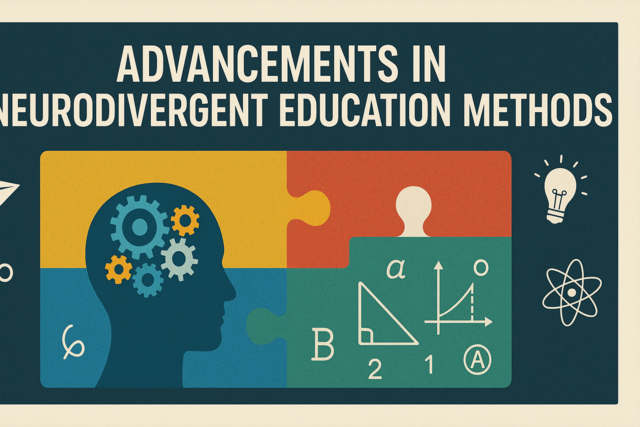 3 hours
0.3 CEUs
Advancements in Neurodivergent Education Methods
+ More Info
3 hours
0.3 CEUs
Advancements in Neurodivergent Education Methods
+ More Info
-
 7 hours
0.7 CEUs
Parenting Partnerships: Collaborative Family Leadership
+ More Info
7 hours
0.7 CEUs
Parenting Partnerships: Collaborative Family Leadership
+ More Info
-
 3 hours
0.3 CEUs
Addressing Trauma in Students with Disabilities
+ More Info
3 hours
0.3 CEUs
Addressing Trauma in Students with Disabilities
+ More Info
-
 3 hours
0.3 CEUs
Positive Reinforcement Techniques for Special Educators
+ More Info
3 hours
0.3 CEUs
Positive Reinforcement Techniques for Special Educators
+ More Info
-
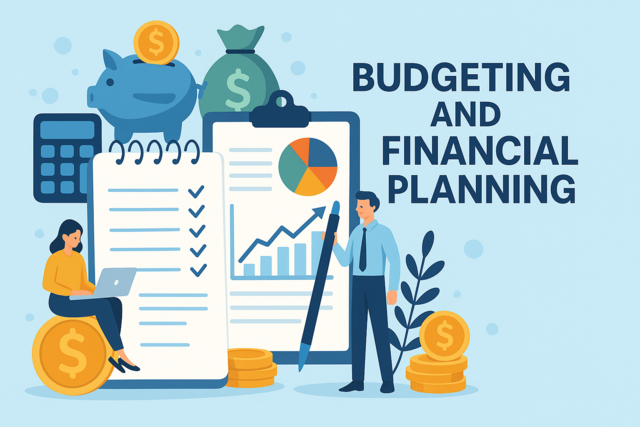 3 hours
0.3 CEUs
Budgeting and Financial Planning
+ More Info
3 hours
0.3 CEUs
Budgeting and Financial Planning
+ More Info
-
 7 hours
0.7 CEUs
Enhancing Empathy and Compassion
+ More Info
7 hours
0.7 CEUs
Enhancing Empathy and Compassion
+ More Info
-
 6 hours
0.6 CEUs
Fashion Forward: Trendsetting in the Modern Era
+ More Info
6 hours
0.6 CEUs
Fashion Forward: Trendsetting in the Modern Era
+ More Info
-
 4 hours
0.4 CEUs
Rising Above Resentment: Healing Through Forgiveness
+ More Info
4 hours
0.4 CEUs
Rising Above Resentment: Healing Through Forgiveness
+ More Info
-
 7 hours
0.7 CEUs
Negotiation and Persuasion in Business
+ More Info
7 hours
0.7 CEUs
Negotiation and Persuasion in Business
+ More Info
-
 3 hours
0.3 CEUs
Networking and Relationship Building
+ More Info
3 hours
0.3 CEUs
Networking and Relationship Building
+ More Info
-
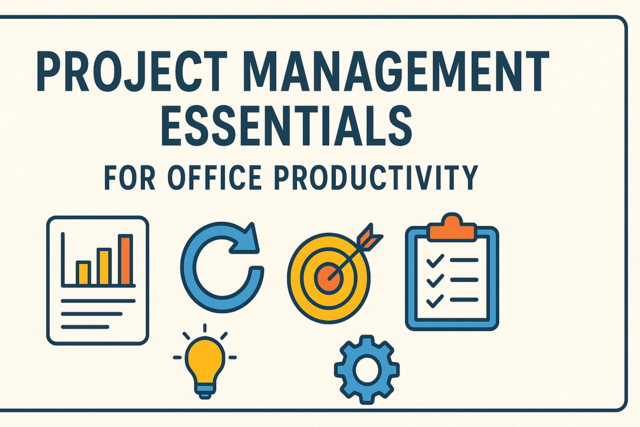 4 hours
0.4 CEUs
Project Management Essentials for Office Productivity
+ More Info
4 hours
0.4 CEUs
Project Management Essentials for Office Productivity
+ More Info
-
 7 hours
0.7 CEUs
Building Community and Social Engagement
+ More Info
7 hours
0.7 CEUs
Building Community and Social Engagement
+ More Info
-
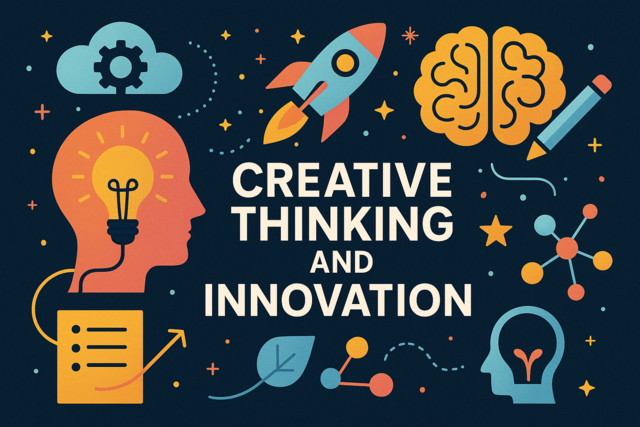 4 hours
0.4 CEUs
Creative Thinking and Innovation
+ More Info
4 hours
0.4 CEUs
Creative Thinking and Innovation
+ More Info
-
 3 hours
0.3 CEUs
Team Building and Collaboration
+ More Info
3 hours
0.3 CEUs
Team Building and Collaboration
+ More Info
-
 7 hours
0.7 CEUs
Basics of Entrepreneurship
+ More Info
7 hours
0.7 CEUs
Basics of Entrepreneurship
+ More Info
-
 3 hours
0.3 CEUs
Collaborative Teaching Approaches
+ More Info
3 hours
0.3 CEUs
Collaborative Teaching Approaches
+ More Info
-
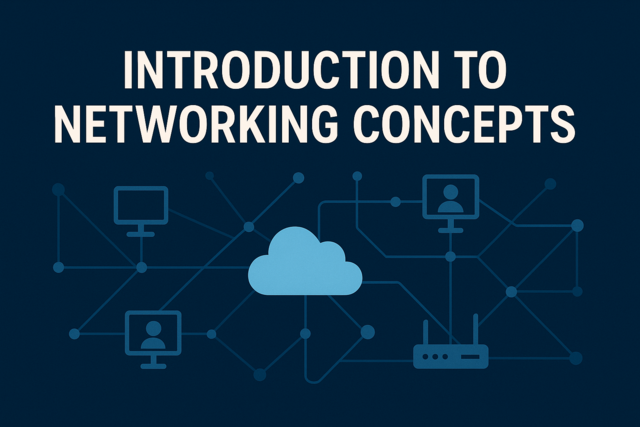 3 hours
0.3 CEUs
Introduction to Networking Concepts
+ More Info
3 hours
0.3 CEUs
Introduction to Networking Concepts
+ More Info
-
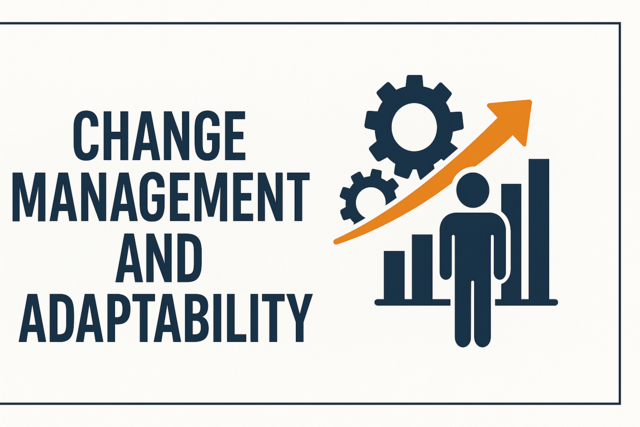 3 hours
0.3 CEUs
Change Management and Adaptability
+ More Info
3 hours
0.3 CEUs
Change Management and Adaptability
+ More Info
-
 7 hours
0.7 CEUs
Research Frontiers: Contemporary Studies in Trauma and Recovery
+ More Info
7 hours
0.7 CEUs
Research Frontiers: Contemporary Studies in Trauma and Recovery
+ More Info
-
 4 hours
0.4 CEUs
Implementing Universal Design for Learning (UDL)
+ More Info
4 hours
0.4 CEUs
Implementing Universal Design for Learning (UDL)
+ More Info
-
 4 hours
0.4 CEUs
Paranormal Phenomena: Fact or Fiction
+ More Info
4 hours
0.4 CEUs
Paranormal Phenomena: Fact or Fiction
+ More Info
-
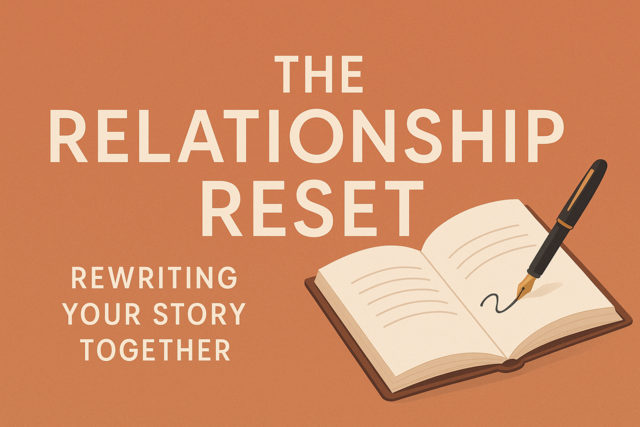 5 hours
0.5 CEUs
The Relationship Reset: Rewriting Your Story Together
+ More Info
5 hours
0.5 CEUs
The Relationship Reset: Rewriting Your Story Together
+ More Info
-
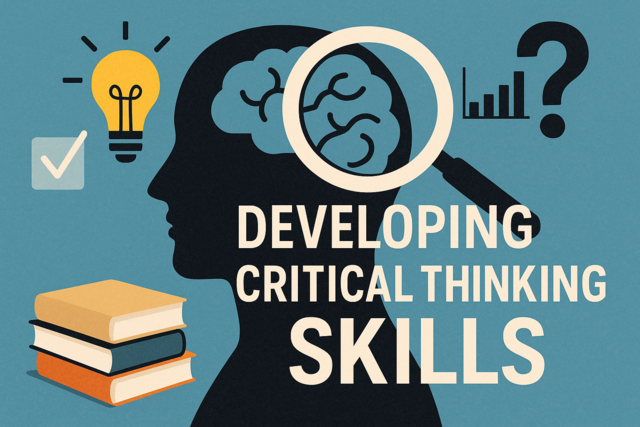 5 hours
0.5 CEUs
Developing Critical Thinking Skills
+ More Info
5 hours
0.5 CEUs
Developing Critical Thinking Skills
+ More Info
-
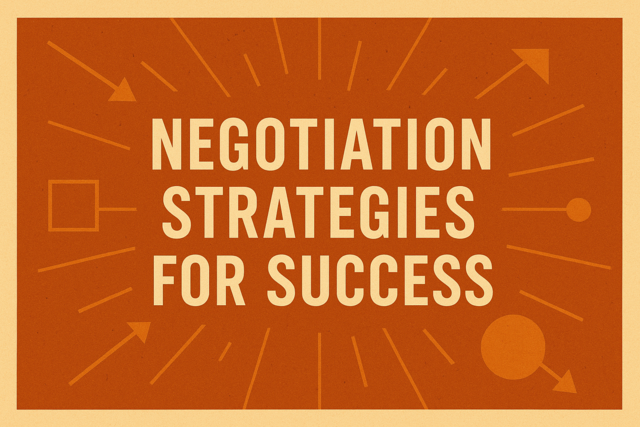 7 hours
0.7 CEUs
Negotiation Strategies for Success
+ More Info
7 hours
0.7 CEUs
Negotiation Strategies for Success
+ More Info
-
 3 hours
0.3 CEUs
Customer Service Excellence
+ More Info
3 hours
0.3 CEUs
Customer Service Excellence
+ More Info


